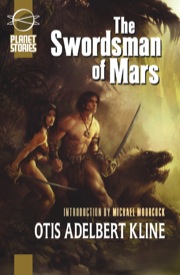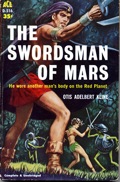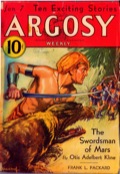


Tags: Erik Mona Mars Otis Adelbert Kline Planet Stories Swordsman of Mars |



Tags: Erik Mona Mars Otis Adelbert Kline Planet Stories Swordsman of Mars |